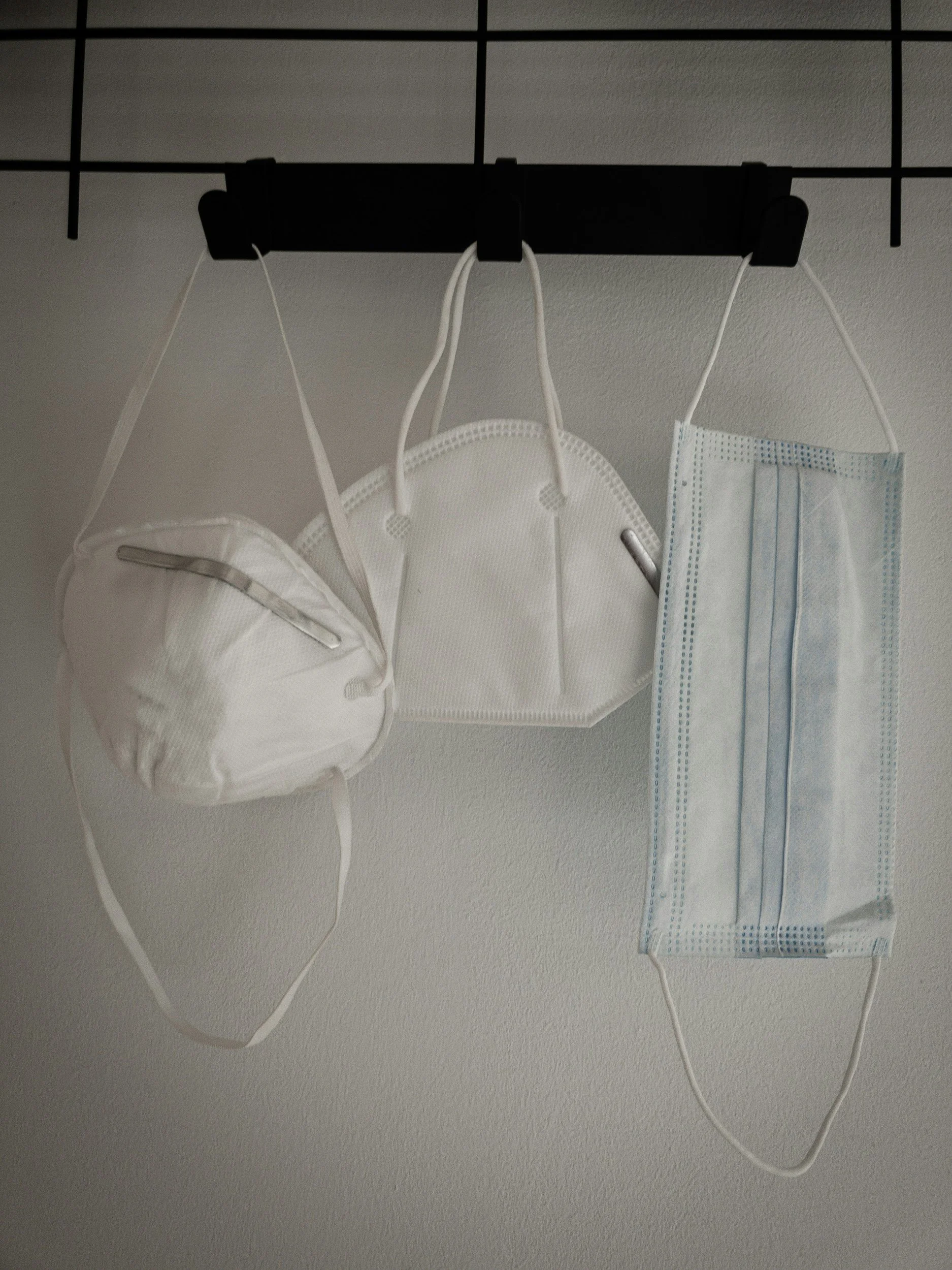COVID-19

What is COVID-19?
Named for the year it originated, COVID-19, or SARS-CoV-2 is a viral respiratory illness which caused a global pandemic in 2020. Many of us now associate it with a thing of the past - lockdowns, government scandals and vaccine rollouts - however it is still very much present.
The evolution of the virus, combined with the rollout of vaccinations, meant that rates of death and serious complications from the disease have been drastically reduced. However, like other viral respiratory illnesses like the flu, it still causes serious illness and death, with rates typically increasing in the Winter months.
Symptoms
Symptoms which suggest a COVID-19 infection:
A high temperature, fever, or chills.
A new, continuous cough (frequent cough for more than an hour, or 3 or more coughing episodes in 24 hours).
A loss or change to sense of smell or taste.
Shortness of breath.
Feeling tired or exhausted; muscle aches and pains.
Headache (that is unusual or longer lasting than usual).
Sore throat.
Blocked or runny nose.
Loss of appetite.
Diarrhoea.
Nausea and/or vomiting
As you’ll notice, many of these symptoms overlap with other common illnesses, like the common cold or influenza. This is why we recommend regular testing for patients who think they have, or who are at risk of, COVID-19 infection.
Testing
We would recommended completing a test for COVID-19 if:
You have current symptoms of COVID-19
You have had symptoms of COVID-19 in the last 5 days
You have been in close contact with someone with suspected or confirmed COVID-19
You are expecting to be in close contact with a vulnerable person
You work in a health or social care setting
There are two types of tests generally available to the public for COVID-19:
Polymerase Chain Reaction (PCR):
These tests were previously used at testing centres. The collections would be lab tested and results took 1-4 days.
However, PCR testing is difficult to find in Edinburgh at the moment.
Lateral Flow Test (LFT):
These tests are ‘at-home’ with results in 30 minutes
They are available to purchase in most pharmacies (including ours!)
Keeping others safe
Certain people are more likely to become more seriously ill after a COVID-19 infection, as their bodies are not as well equipped to fight infection. This means infections that might not cause you any trouble could have serious ramifications for them.
These people might belong to the following groups:
Very young children and babies
The elderly
People with Down’s Syndrome, or other genetic chromosomal disorders
People with cancer
People with blood diseases
People who have had a stem cell transplant
People who have had an organ transplant
People with kidney diseases
People with liver diseases
People with autoimmune disorders
People with immune deficiencies
People with autoinflammatory disorders
People with respiratory diseases (like COPD, asthma, chronic chest infections, known lung cancer etc.)
People with HIV
People with AIDS
People with neurological disorders (like Huntingdon’s, Parkinson’s etc.)
You can help to protect other people!
You can prevent other people from getting ill by:
Washing your hands with soap and water
Before eating
After using the toilet
After blowing your nose or touching your face
After coughing into your hand
After touching a public surface
Before coming into contact with others
Blowing your nose into a tissue
Catch it
Bin it
Kill it
Coughing into your hand, a tissue, or the crux of your elbow
Wearing a mask or face covering when you’re feeling unwell
Staying 2 feet apart from others when you’re feeling unwell
Staying home from work or school when you’re feeling unwell
Getting vaccinated for COVID-19 - we do this! Read more using the button below:
Treatments
Treatments for COVID-19 depend on how unwell you are and whether you have other underlying illnesses.
If you have a mild illness and are generally fit and well, it’s recommended that you simply isolate and treat the symptoms of the illness with over-the-counter medicines. You can book a minor ailments consultation with us to get you exactly what you need! Simply press the button below:
If you have a more serious illness, or have an underlying condition (as listed above), you are also able to access Paxlovid on prescription.
Paxlovid is only prescribed as part of an in-depth consultation with a prescribing pharmacist, and in line with current guidance on prescribing by the manufacturers and the National Institute of Care Excellence.
If you’re interested in obtaining prescription treatment for COVID-19, simply press the button below:
